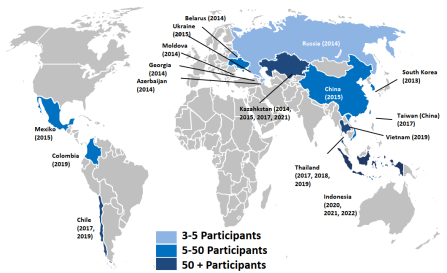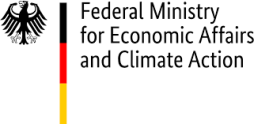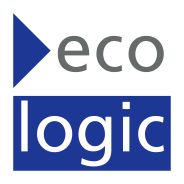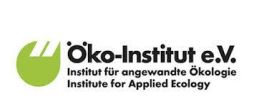
The climate crisis has become a key challenge for policymakers around the world. A range of policy instruments are being used to tackle this challenge – including carbon pricing instruments that put a price on greenhouse gas emissions. Amongst these, emissions trading has gained special prominence. Today many constituencies make use of it to bring about their desired mitigation effects.
An emissions trading system (ETS) is a market-based climate mitigation instrument that works on the principle of cap-and-trade. In theory, the obligation for ETS participants to surrender emission allowances (i.e. a permit to emit a tonne of CO2e) puts a price on greenhouse gas emissions at source. Although an ETS has proven to be the most cost-effective way to reduce emissions, its practical implementation can raise challenging conceptual and technical questions. Indeed, the cost of compliance depends upon various aspects of the ETS design such as the ambition of the cap and the method of allowance allocation.
To expand knowledge about ETS design and implementation worldwide and to support interested partner countries in developing and implementing their systems, the German Federal Ministry for Economic Affairs and Climate Action (BMWK), in cooperation with the German Emissions Trading Authority (DEHSt), and leading German experts from adelphi, Ecologic Institute, FutureCamp Climate and Öko-Institut e.V., are implementing the Capacity Building Programme on Emissions Trading Systems.
Our Activities
The programme builds on Germany’s experiences with introducing and implementing the European Union Emissions Trading System (EU ETS). It offers a range of ETS capacity building activities in different formats, including:
- In-country ETS workshops and training courses (virtual and in-person);
- ETS study trips to Germany (virtual and in-person); and
- In-country expert consultations (virtual and in-person).
The Programme in Action
To date, the programme has offered a broad range of activities to more than 600 trained experts and policymakers, as well as representatives from companies and trade associations from 16 countries around the globe.
Capacity Building Programme on Emissions Trading Systems
The climate crisis has become a key challenge for policymakers around the world. A range of policy instruments are being used to tackle this challenge – including carbon pricing instruments that put a price on greenhouse gas emissions. Amongst these, emissions trading has gained special prominence. Today many constituencies make use of it to bring about their desired mitigation effects.
An emissions trading system (ETS) is a market-based climate mitigation instrument that works on the principle of cap-and-trade. In theory, the obligation for ETS participants to surrender emission allowances (i.e. a permit to emit a tonne of CO2e) puts a price on greenhouse gas emissions at source. Although an ETS has proven to be the most cost-effective way to reduce emissions, its practical implementation can raise challenging conceptual and technical questions. Indeed, the cost of compliance depends upon various aspects of the ETS design such as the ambition of the cap and the method of allowance allocation.
To expand knowledge about ETS design and implementation worldwide and to support interested partner countries in developing and implementing their systems, the German Federal Ministry for Economic Affairs and Climate Action (BMWK), in cooperation with the German Emissions Trading Authority (DEHSt), and leading German experts from adelphi, Ecologic Institute, FutureCamp Climate and Öko-Institut e.V., are implementing the Capacity Building Programme on Emissions Trading Systems.
Our Activities
The programme builds on Germany’s experiences with introducing and implementing the European Union Emissions Trading System (EU ETS). It offers a range of ETS capacity building activities in different formats, including:
- In-country ETS workshops and training courses (virtual and in-person);
- ETS study trips to Germany (virtual and in-person); and
- In-country expert consultations (virtual and in-person).
The Programme in Action
To date, the programme has offered a broad range of activities to more than 600 trained experts and policymakers, as well as representatives from companies and trade associations from 16 countries around the globe.







